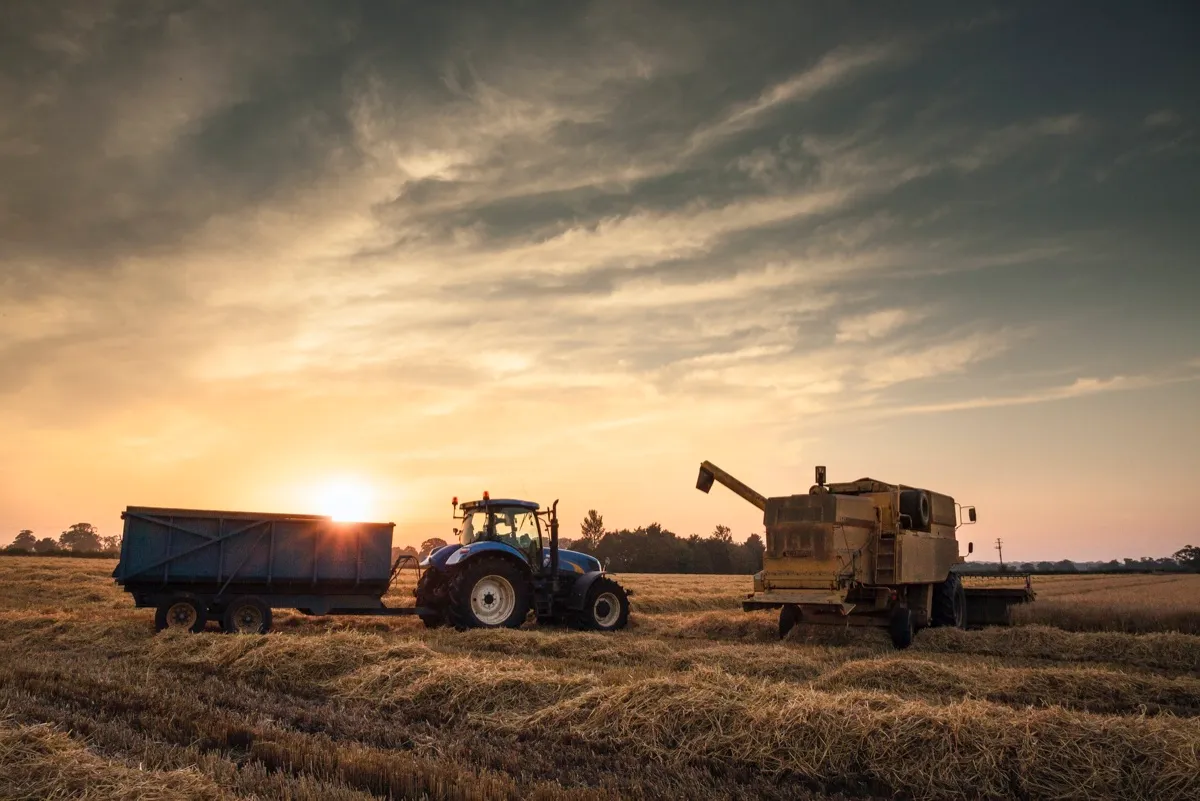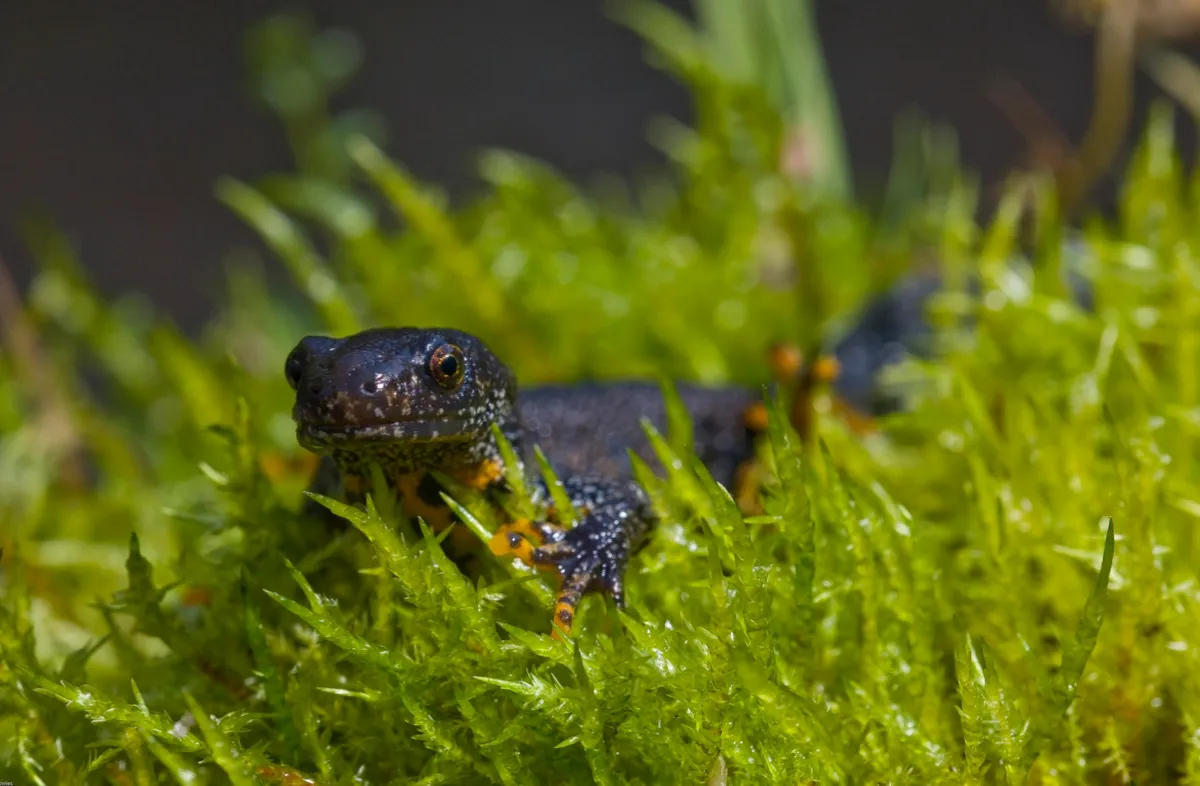Though a non-departmental body, Natural England are funded by the Department of the Environment, Food and Rural Affairs (DEFRA), and are therefore affected by the cuts to the departmental budget that were announced in last year's Spending Review and Autumn Statement.
With the EU Referendum Results also raising concerns about the level of funding and focus that might be afforded to conservation, this report is a timely reminder that the environment will not be overlooked as we adjust to any changes in financial or political policy.
In essence, 'Conservation 21' focuses upon three main objectives. Natural England will aim to:
- Create resilient landscapes and seas
- Put people at the heart of the environment
- Grow natural capital
It is hoped that these principles will deliver 'better long term outcomes for the environment by understanding people's interests and needs, and working towards a shared vision.'
Such notions sound positive, though the underlying message is open to interpretation. As the report states, 'Our advisory effort will focus on enabling the big picture - the macro plan - not on delivering many micro plans.'
It does seem sensible to focus efforts on long term projects, which will in turn, incorporate a greater part of our environment, yet the diversity of our natural landscape is one of its greatest features. If we sacrifice the smaller 'micro' plans, then do we risk our Environment becoming too nurtured, with some species thriving but others disappearing?
'Conservation 21' places a strong emphasis upon the need for greater consultation and interaction, particularly with those actively involved with the natural environment. Mention is made of working better with farmers, and this is surely a positive step.

The recent 'State of Nature' report linked the impact of modern agriculture methods with the decline in many of our wildlife species, yet our farmers are under ever increasing pressure to produce greater yield at lower expense. Only by cooperating fully can we understand how we can help farmers to operate economically and ecologically.
The report also suggests the need for 'better regulation' that will help others help themselves and be 'focused on supporting healthy local species populations and habitat networks, rather than on procedural compliance'. This seems to be sound reasoning, and the great crested newt licensing currently in operation in Woking is used as an example of matching local ambition and enabling development while still conserving threatened wildlife species. It could be argued however, that any amount of deregulation might increase the possibility of exploitation. After all, any system that invites private investment might be considered vulnerable to misuse or profiteering.

Perhaps, at a time when the nation's economic standing is so uncertain, a strategy for Conservation should place greater emphasis upon definitive protection rather than create increasing areas of grey. There are certainly areas of bureaucratic legislation that generate unnecessary cost and red tape, but should we become too laissez-faire then we may place our Environment at greater risk.
Only time will tell if 'Conservation 21' will succeed as a strategy, but we can be reassured that Natural England are planning proactively for what may well be an uncertain and contentious time for our Environment.
Images: Getty
